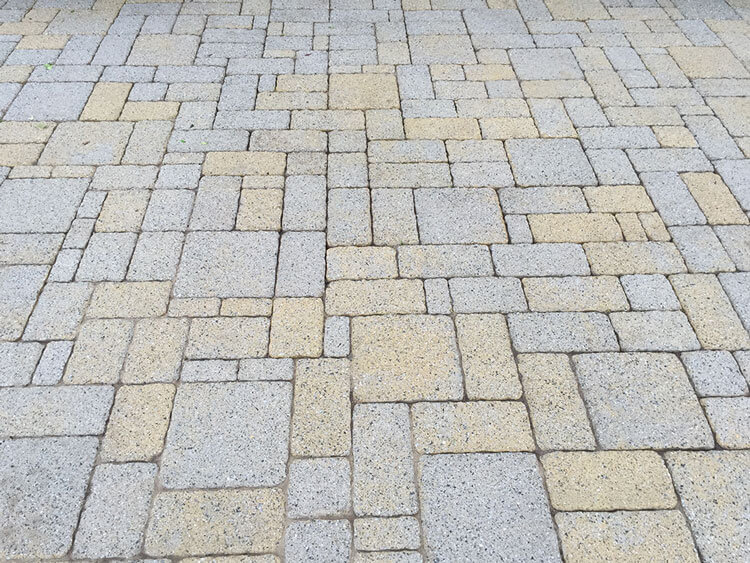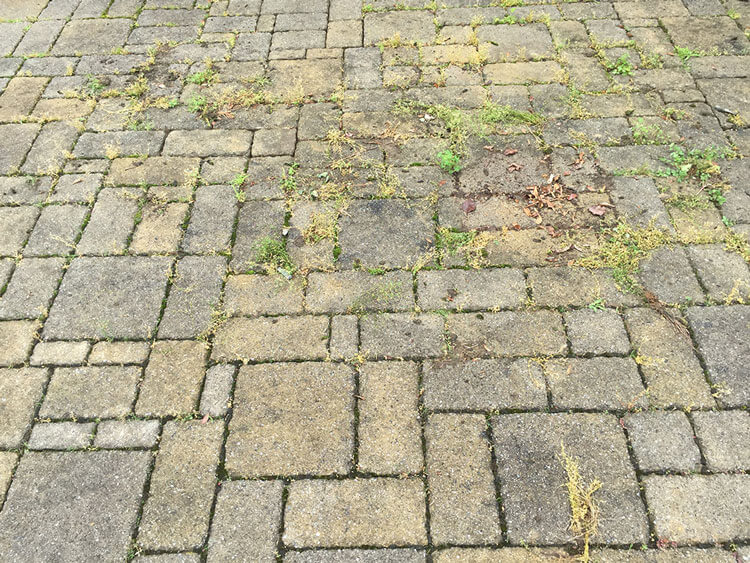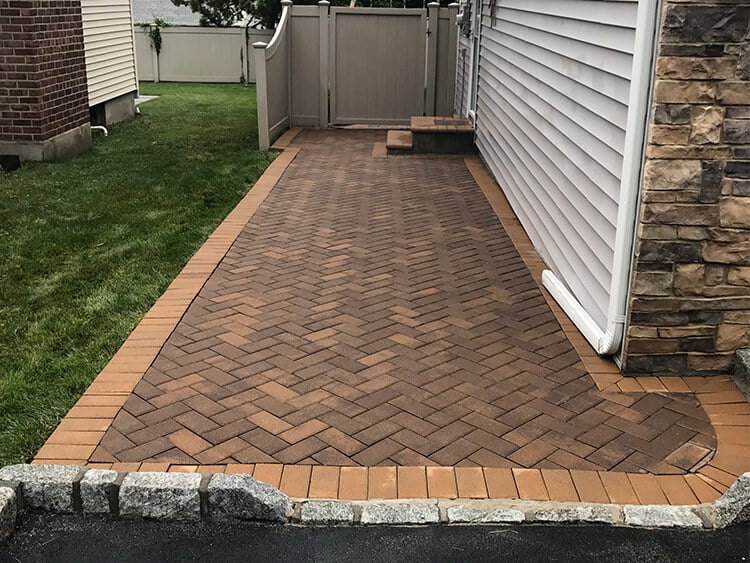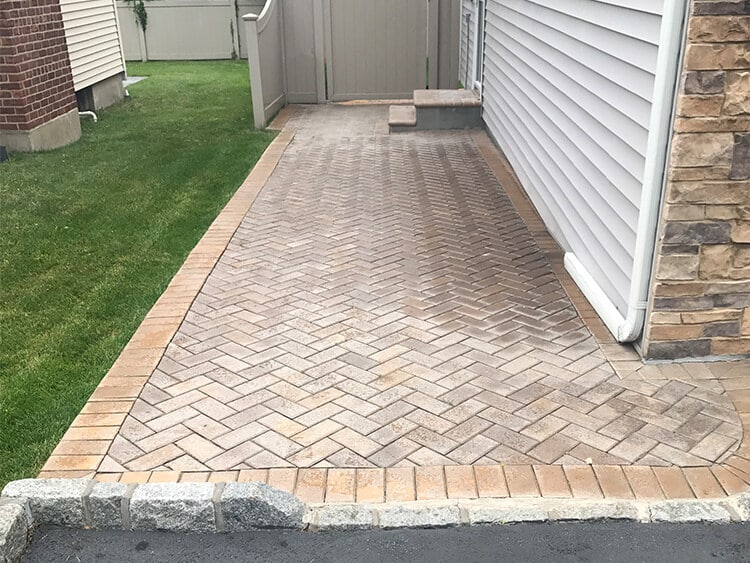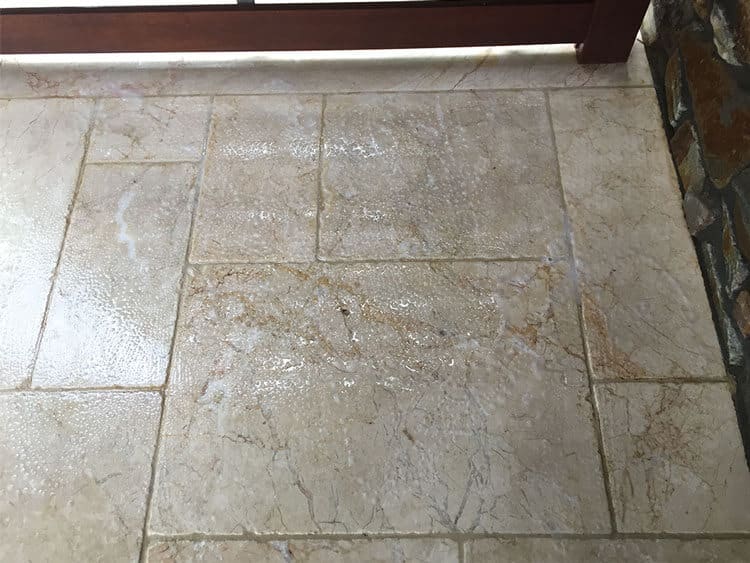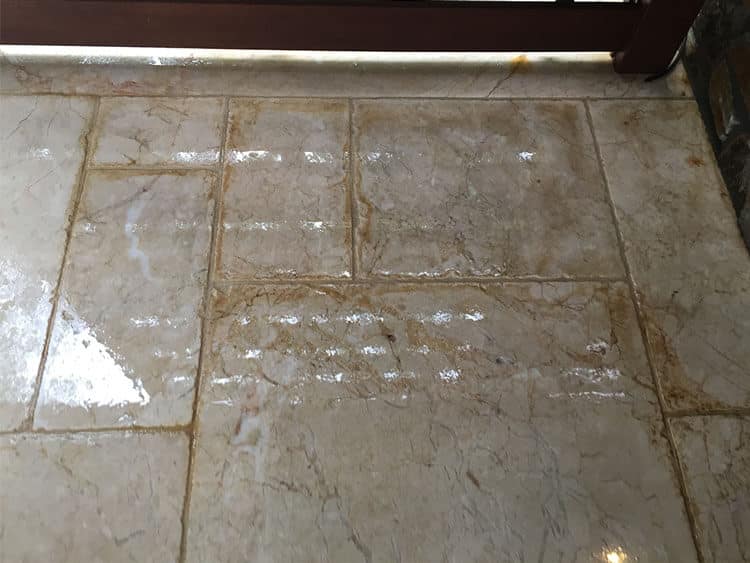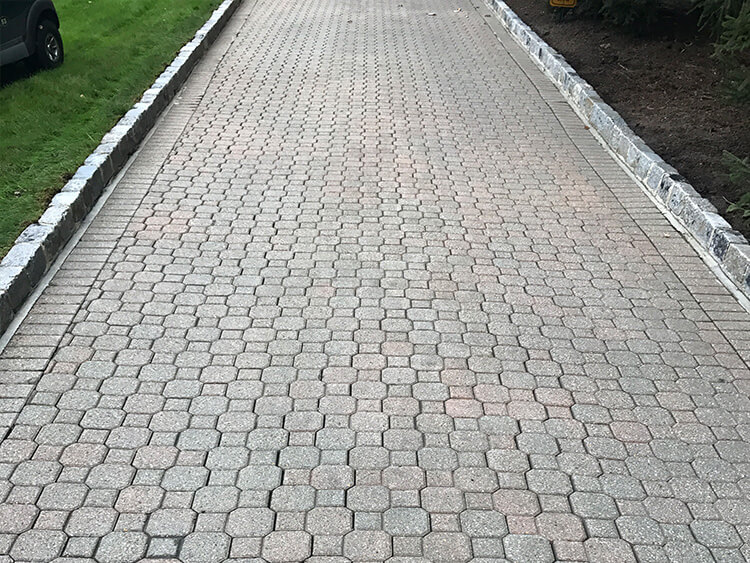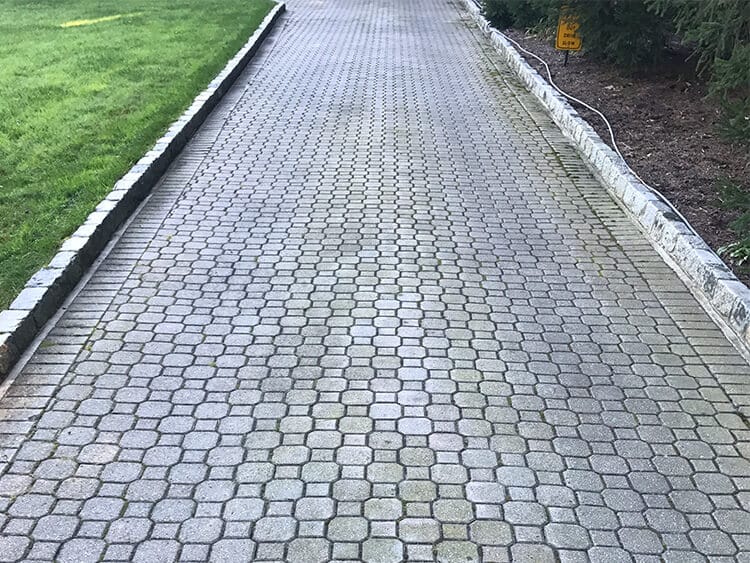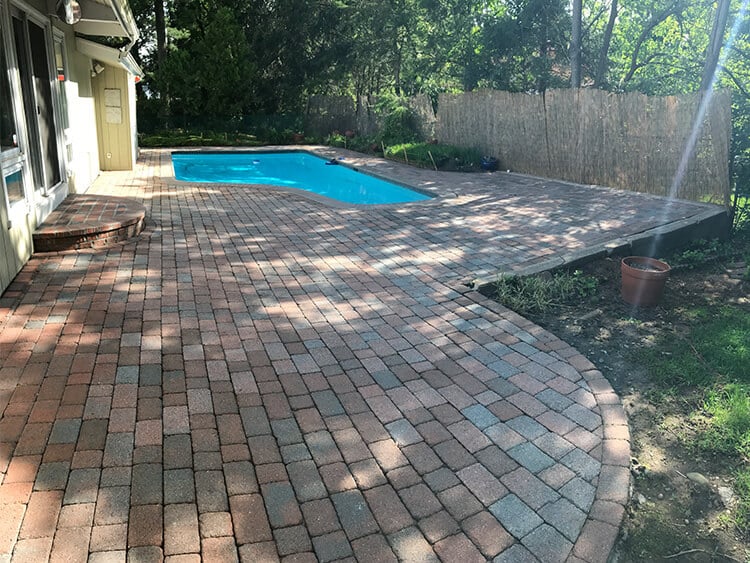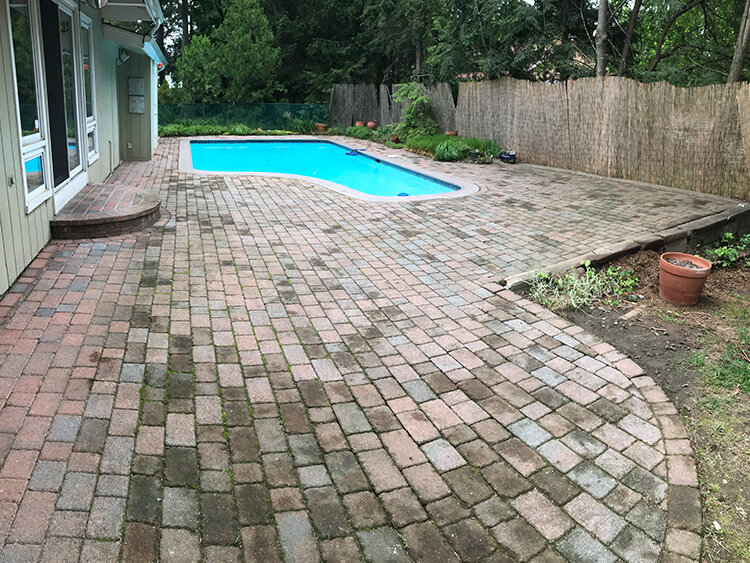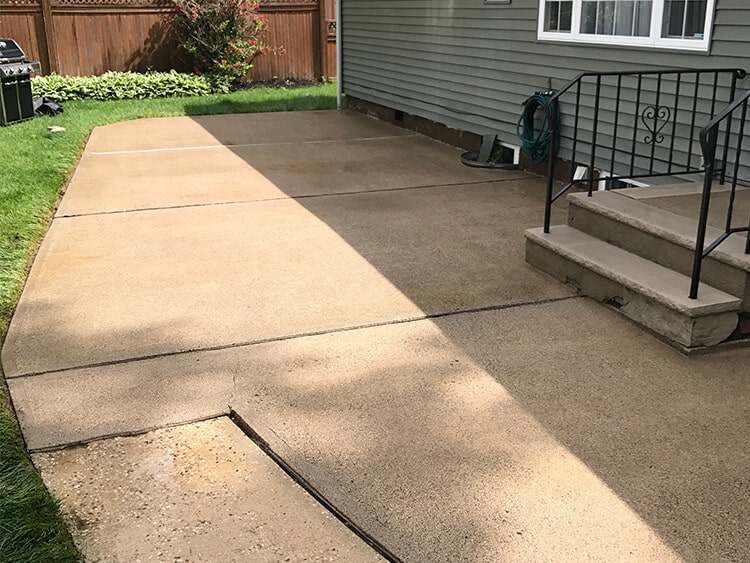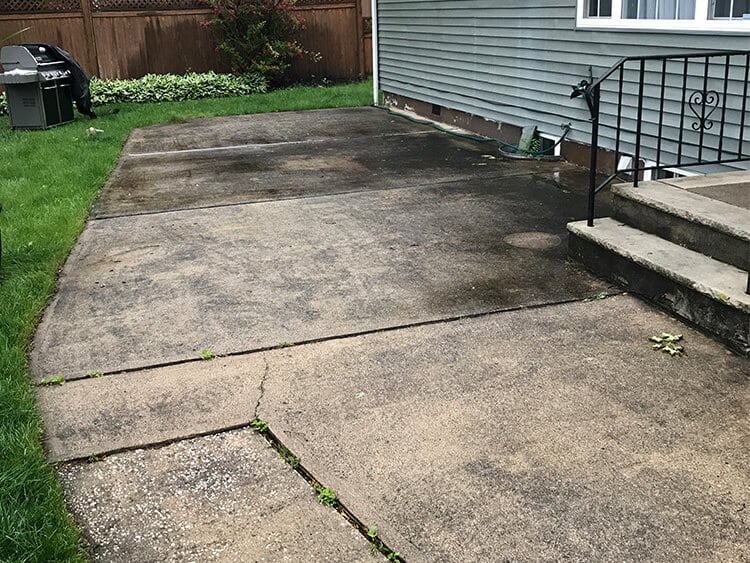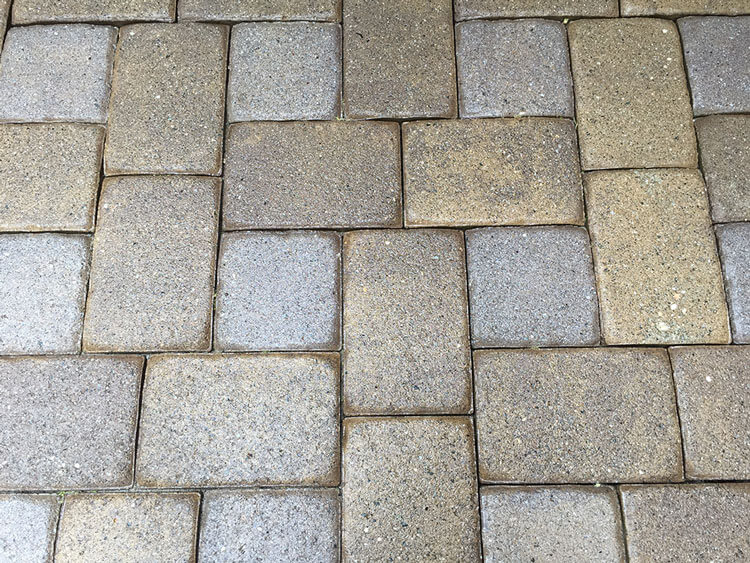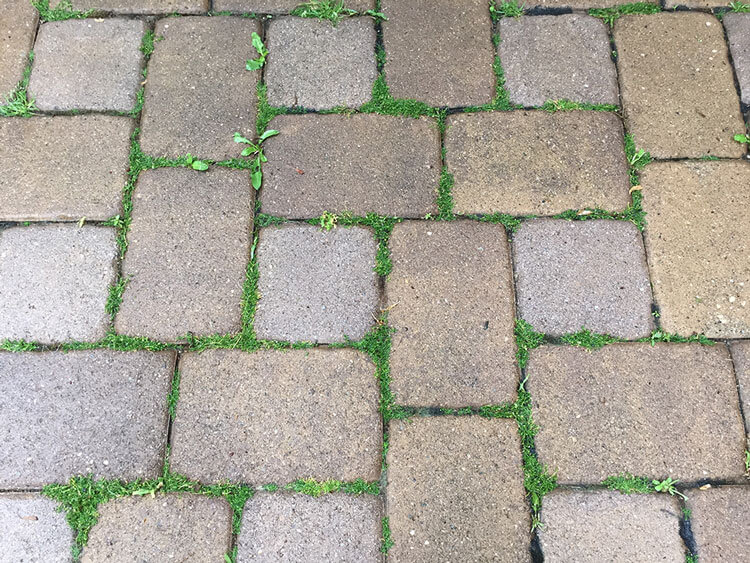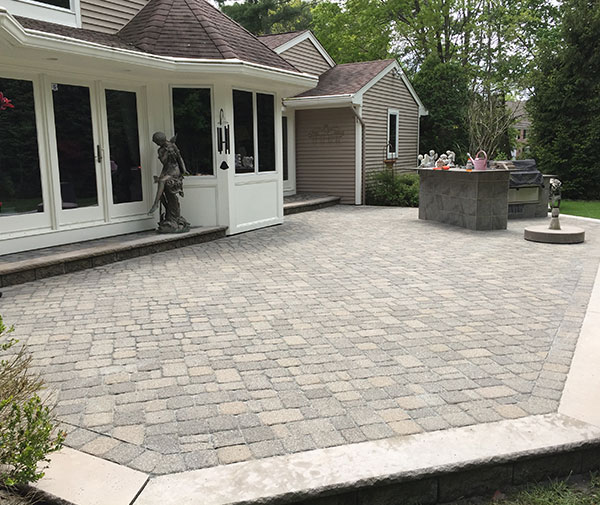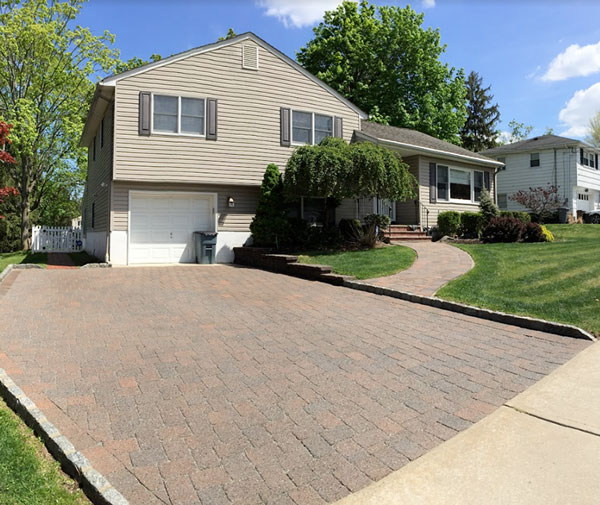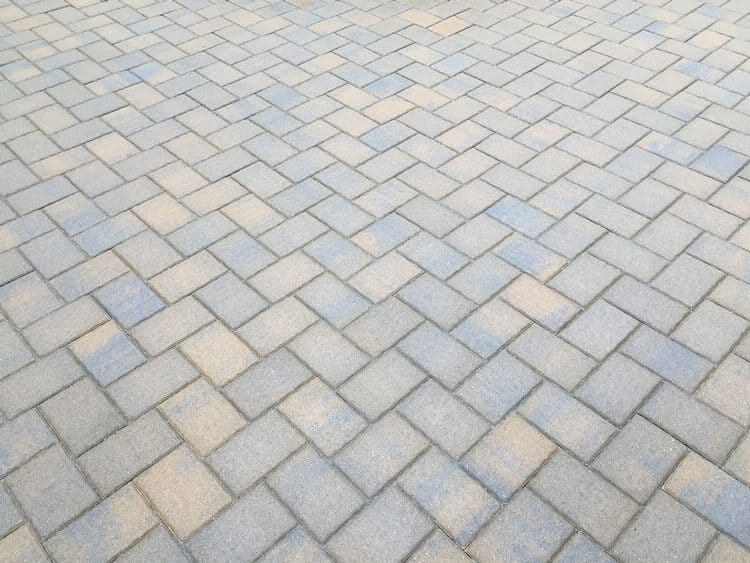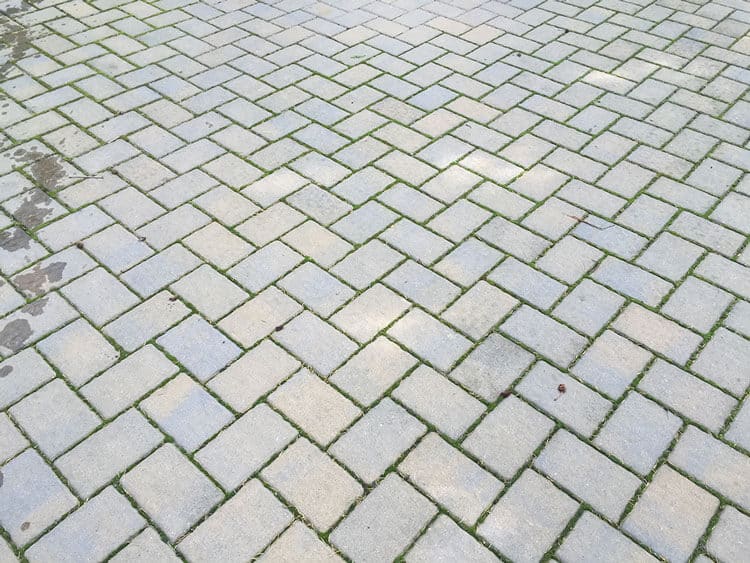
Garage Floor Coating Services
When you think of garage flooring, the only thing that often comes to mind is concrete. Sure, it’s solid and durable, but what else can you do with it? If your garage floor is a bit bland, you might want to give it a fresh new look that will also make it more durable.
If this sounds like the garage floor coating service you need in NJ, contact Pro Seal LLC today. We make sure that our garage floor coating service extends your garage’s lifespan and increases the value of your home.

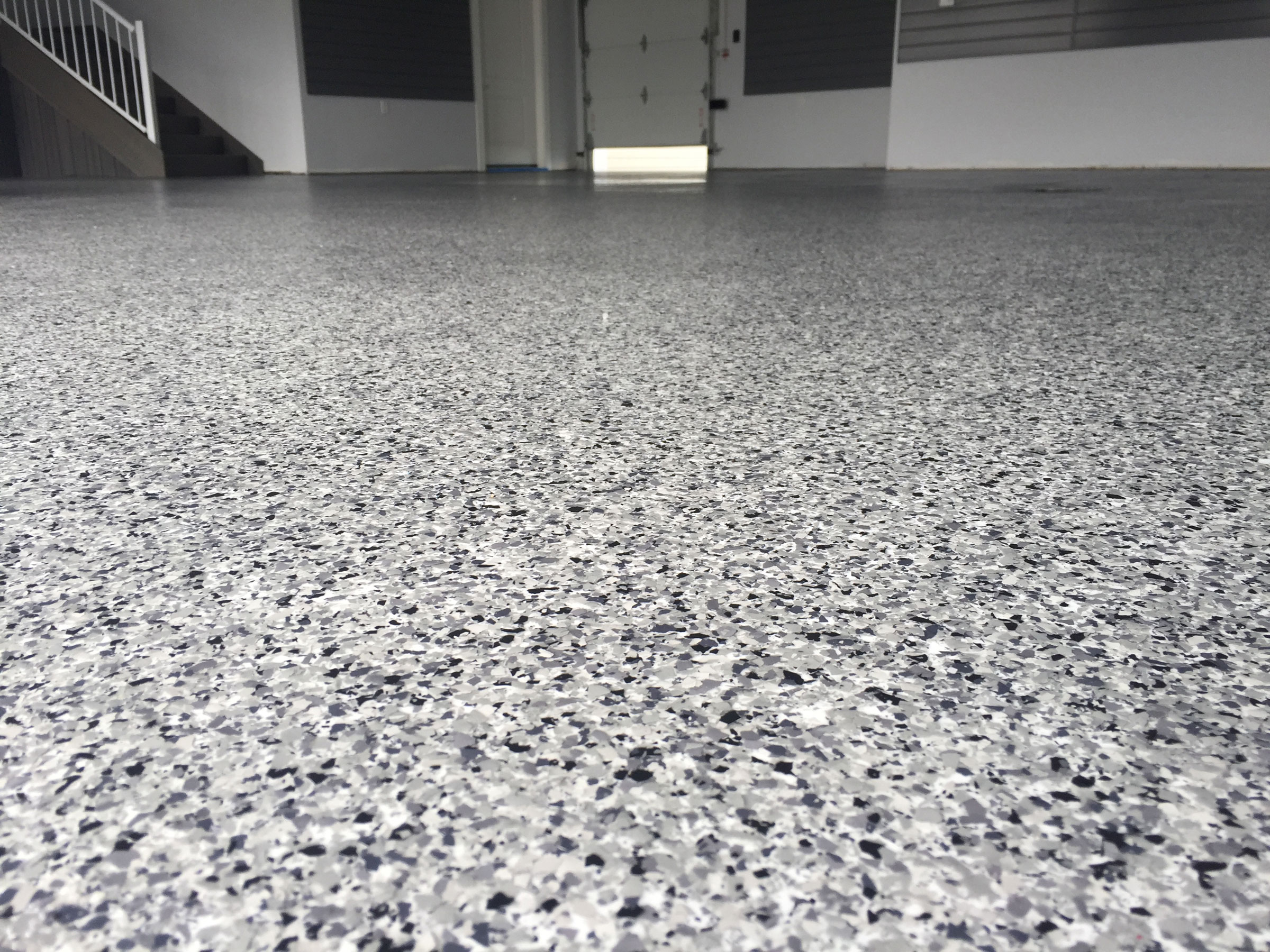
What is Garage Floor Coating?
Garage floor coating is a solution to your cracked and stained concrete garage floor. It provides longevity to your flooring by protecting it against oil spills, moisture, and other surface damages and gives you a styled look.
Normally, epoxy or paint are typically used. However, at Pro Seal, we use Graniflex, which is a better and more durable solution.
GraniFlex Flooring
GraniFlex is a decorative, permanent, and flexible coating system that delivers a durable, high-performance, slip-resistant, and highly crack-resistant coating. GraniFlex offers tons of color options and is superior to other coating systems such as epoxy and polyaspartic.
Its flexible rubber penetrates deep within prepared concrete. When moisture vapor presses against it, it expands and swells tightly against the concrete capillaries, making it impossible to blow off the coating.
A few benefits of working with GraniFlex include –
- In contrast to epoxy, this material doesn’t crack or crumble over time.
- Unlike epoxy, it does not yellow or fades in the sun.
- This system outlasts all epoxy and polyaspartic systems.
- Fast-drying application.
How Does It Work?
Before selecting a system, all floors are checked for moisture content. All surfaces will be diamond-grounded to eliminate contaminants and open the concrete’s pores. With preparation, we’ll fix cracks, divots, pinholes, and joints. Our floors get a primer, a base coat, and then the finish of your choice.
Benefits To Coating Your Garage
There are a few benefits that you could get from coating your garage floors. A garage floor’s lifespan can be increased by applying a coating on it. It acts as an extra layer of defense from the weather, helping to preserve everything intact.
Also, coating the floor could give your garage a brand new look. The coating prevents the garage floor from becoming stained by any liquids that may spill on it, so it’s much easier to wipe away grease and oil when there’s a coating layer on top of them.
The Pros Will Seal Your Deal
Contact Pro Seal LLC the next time you’re in the market for professional garage floor coating services. We show up on time, utilize high-quality supplies, and adhere to strict standards, all while charging you a fair fee for our services.
When you choose us to protect your garage floors in Northern New Jersey, you’re hiring a company that cares about protecting the investment you made in your house—as well as the quality of your life. Call or visit our website.
Before & After
FAQs
How long does it take to coat garage floors?
The best garage floor coating service in NJ usually take a minimum of two days to finish a project. However, the duration may extend up to 4 days depending on garage size, existing concrete condition, and the chosen system.
What does your garage floor coating procedure entail?
Our garage floor coating contractors in NJ offer the best garage floor coating service, by performing various procedures like checking for moisture, diamond-grinding the surfaces, fixing cracks, and applying primer, base coat, and finish of your choice.
When can I use my garage after the work is done?
You can walk on the newly coated floor the next day, but we recommend waiting at least 48 hours for curing before bringing in large items and 72 hours before parking a vehicle.
How long does the coating last?
Pro Seal LLC provides a lifetime guarantee against peeling for all their coating services. The GraniFlex coating can last for 15-20 years or longer, making it the best garage floor coating in NJ.
How much does your services cost?
The cost of our garage floor coating services depends on several factors, including garage size, the chosen system, and the condition of the existing concrete. For a two-car garage, the price typically ranges from $4.50 to $8.00 per square foot, while a three-car garage may cost around $4.00 to $7.00 per square foot when working with our expert garage floor coating contractors in NJ.
Accurate Garage Floor Coating Quote
Pro Seal LLC’s expert estimator will measure and assess your home, providing a precise quote tailored to your needs. Trust our garage floor coating services in NJ. Call us today!



